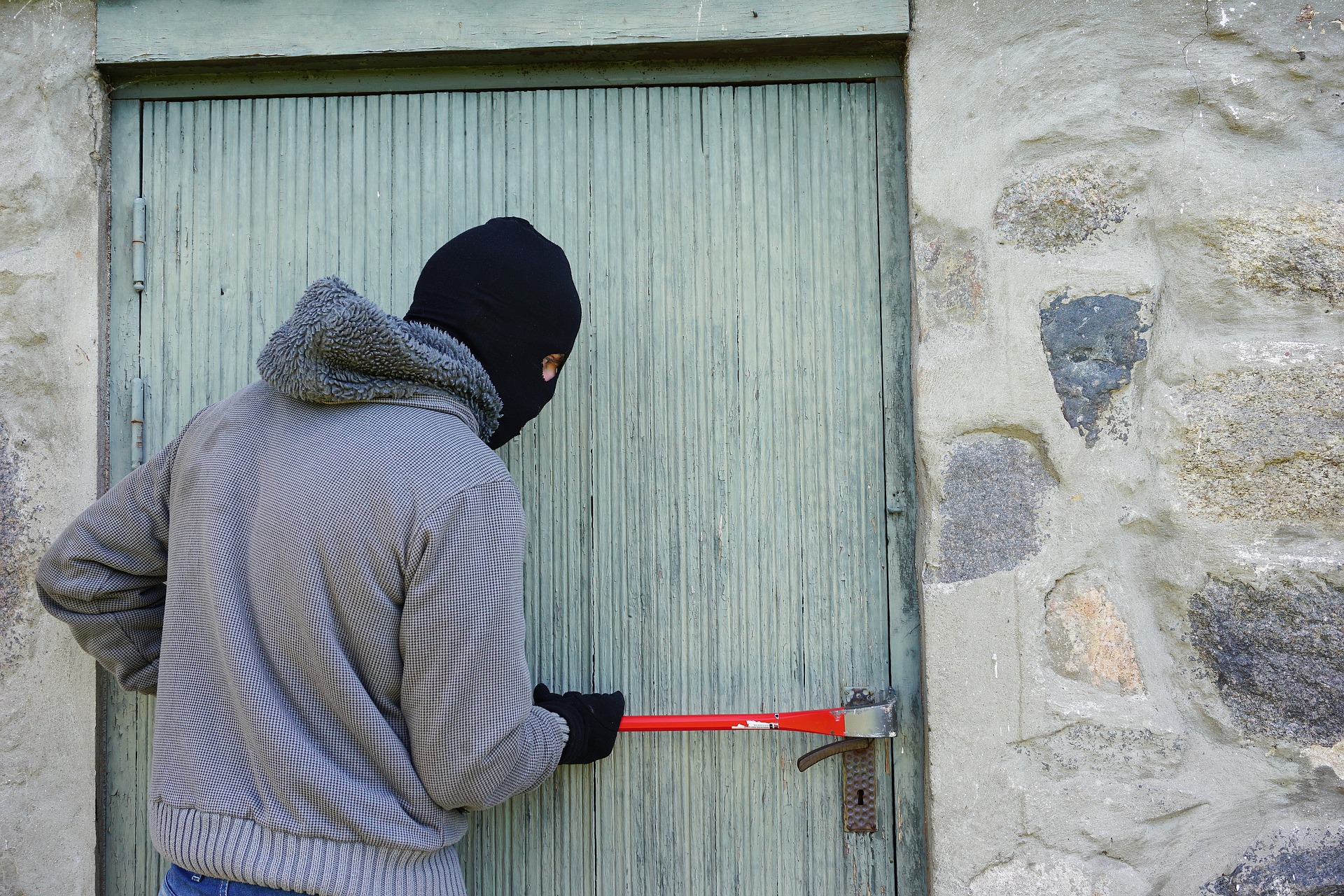Your home is your haven, but what if you learned that people might be accessing your most personal information within your home without even entering it? Criminals are becoming more clever and have found ways to take advantage of you without being detected: through your home Wi-Fi network. It’s time you secured your home Wi-Fi network. Here are a few things to look at and change.
When you first establish your home’s Wi-Fi network, the router will name your network something generic like a combination of letters and numbers after the service provider’s name. We recommend that you change your network name and password every so often. When naming your network, don’t use any personal information like your name or the house number, this type of information can help criminals target your house and collect information on you.
Criminals will often sit outside of your house in their vehicles trying to tap into your and your neighbors’ networks. So, keeping your router in a place that will limit the distance your Wi-Fi signal will reach out to the street is very important. Most routers can have Wi-Fi signal reach up to three hundred feet outside and up to one hundred and fifty feet indoors. Take this into account, then finding a place to limit your exposure. We recommend a place near the center of your house.
Our last suggestion for you to secure your home Wi-Fi network is to enable an encrypted Wi-Fi network. Encrypting the data that you send throughout the internet will make it extremely difficult for hackers and criminals to access. Basically, it prevents unauthorized people from viewing your information because encryption has temporarily changed the form of the information.
The bottom line is that there’s really no better time than the present to become a LibertyID member for identity theft restoration protection. LibertyID provides expert, full service, fully managed identity theft restoration to individuals, couples, extended families* and businesses. LibertyID has a 100% success rate in resolving all forms of identity fraud on behalf of our subscribers.
*Extended families – primary individual, their spouse/partner, both sets of parents (including those that have been deceased for up to a year), and all children under the age of 25

